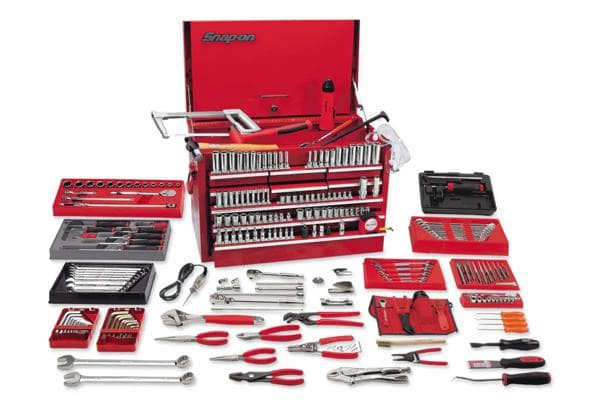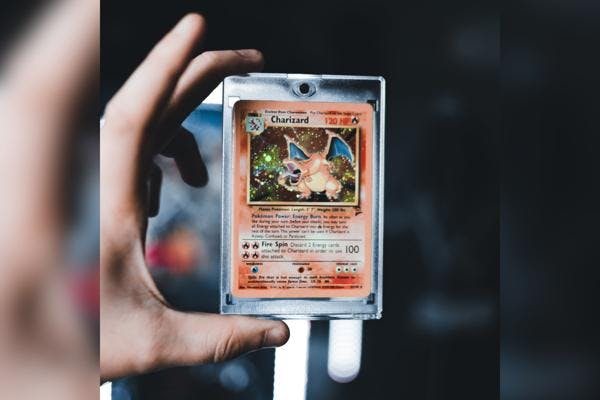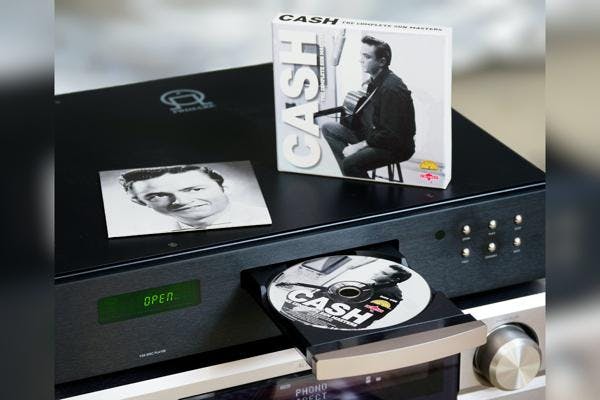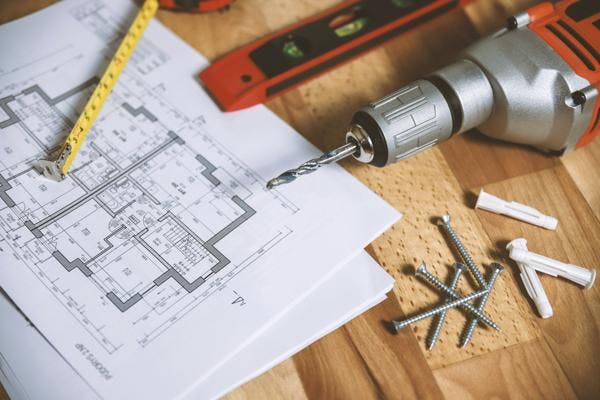
Unleashing the Value: Pawning Snap-on Tools at Pawn Shops
Many pawn shops pay top dollar for good condition tools and equipment.

Selling and pawning items at your local pawn shop can be very fun and rewarding when you plan ahead and use our top 10 tricks at pawn shops below to maximize your offer. Pawn shops operate differently than most retail stores, so that means that you have to adapt your strategy to win.
Pawn shops tend to specialize in different categories such as jewelry, antiques, tools & equipment, musical instruments, and more. You should use Pawn Shop Map’s tool to find pawn shops near you. Our tool features a filter that enables you to quickly identify nearby pawn shops that buy and sell specific categories.
Pawn shops that buy and sell items similar to your item will be in a position to offer you more money. These pawn shops tend to have category-specific expertise, so they are more comfortable in valuing your item. Also, these pawn shops are able to resell your item easier because they have an established customer base for your item’s category.
Presentation of your item and its visual appearance has a strong impact on your pawn shop offer. Spending half an hour cleaning your item before you take it into the shop could increase your item’s offer by 10% to 30%, or more in some cases.
Studies have shown that food presentation has a large effect on our perception of a meal (read
more here).
The same concept applies to items you bring into the pawn shop. Pawnbrokers will make a quick first impression
in the first 5 seconds when they look at your item. They will immediately take note of the item’s condition and visual appearance.
Items in good condition signal to the pawnbroker that the item’s owner has taken care of and kept the item in good shape. Items that are in poor condition signal to the pawnbroker that the item has been neglected and may not be important to the owner.
Pawn shops want to buy items that are in good condition that they can later resell - they do not want to spend a lot of
time cleaning and preparing an item for sale. The pawnbroker will factor a hidden cleaning expense
into the offer
for dirty items, which means that your offer will be lowered by that amount.
In general, clean your item and ensure the following:
Pawn shops allow negotiating for most transactions. This often means that the first offer is often not the final offer. Successfully negotiating at pawn shops can improve your offer greatly. We recommend reading our post on negotiating at pawn shops.
Keep in mind that pawnbrokers are people, too. You should use respect and keep calm during negotiations. Losing one’s cool or becoming visibly angry could result in a very low offer. Adding humor to the mix and smiling can help create a better dynamic and improve your pawn shop offer.
Pawn shops do not want to spend a lot of time and money repairing and fixing your item. You can improve your offer by doing the work ahead of time so your item works perfectly and as expected.
Preparation and fixes will vary from item to item. For example, when you sell your phone to a pawn shop, you should back up and erase all personal data from your phone. Also, you should upgrade the operating system so it is the latest software available for the phone. The same concept applies to laptops and iPads, too.
Pawn shops do not want items in a state of disrepair. For example, pawn shops do not want to buy heavily damaged phones (cracked screen and dented body, etc), or non-working items (lawnmowers that will not start, etc). Pawn shops make money when they buy an item and quickly resell it. Broken items require investment to fix and resell.
Pawn shop offers can vary greatly from store to store. You should use our pawn shop map tool to find pawn shops near you. Visit several pawn shops and ask for offers from each one. You can ask the pawnbroker to keep their offer for a set number of hours or days until you return.
As an example, Pawn Shop A could offer you $50, Pawn Shop B could offer you $100, and Pawn Shop C could offer you $60. By visiting multiple pawn shops, you can increase your offer.
Selling Points
You should become a salesperson for your item. Tell the pawnbroker why they should want to buy your item. Be prepared with a list of selling points that attest to your item’s good value. Often pawnbrokers may not fully appreciate your item’s value until you tell them about it. Some factors might not be apparent to the pawnbroker.
For example, an antique wooden chair from the 1800s might be worth $150 at a pawn shop. If the chair was owned by Abraham Lincoln, that same chair could be worth $15,000 or more.
Create a list of reasons why your item is valuable, and give those reasons to the pawnbroker. Your list of reasons will help during negotiations. Remember to be honest during negotiations - do not lie to get a higher value. Lying could result in financial or legal problems for you. Pawn shops will ask for documentation and proof for claims that substantially change an item’s value.
Get smart on the market dynamics for your item. Read our post on figuring out your item’s value so you have a good idea of your item’s current resale value. Knowing your item’s value will help you during negotiations. You will be able to confidently decline lowball offers.
Keep in mind that pawn shops are businesses that need to make money to keep the lights on and pay the staff. Pawn shops almost never give you 100% of the resale value - pawn shops will give you a fraction of the resale value so they can make a profit on the difference.
Your goal should be to maximize the percentage of resale value that the pawn shop offers you.
Bringing in related paperwork and packaging can increase your item’s value. Supporting paperwork and packaging help authenticate the item and make it more presentable when it is later displayed in the pawn shop’s retail storefront.
Examples of paperwork can include:
Displaying confidence during negotiations will help you get a better offer. Pawnbrokers are often very good at reading body language and confidence cues. Pawnbrokers often have to weed out scammers who are trying to pull a fast one. Often people bring in fake merchandise, like fake handbags or fake Rolexes.
Expect the pawnbroker to ask you many questions about the item. Be prepared, and be confident when you answer. Questions could include:
You can save time and money by contacting pawn shops ahead of time to make sure they have an interest in your item. Use our pawn shop map tool to locate pawn shops. Call or email the pawn shop to verify that buy similar items. Often you can send the pawn shop a picture of your item to help them better understand it.
Following the pawn shop tricks above will help you increase your offer and make selling or pawning your item a better experience. Pawning and selling items to pawn shops gets easier with practice - try pawning or selling a few small items to understand how pawn shops work.
Clare Martin
December 2023
I need money right away to help out with my niece's medical bills since she needs surgery for her treatment soon, so I have decided to pawn some of my jewelry. I appreciate you informing us that there are different pawn shops for different categories, so we need to find one that buys and sells the items we plan to pawn. I'll be sure to keep this in mind while I look for a pawn store in San Bernardino County to visit for my pawn loan soon.

Many pawn shops pay top dollar for good condition tools and equipment.

Learn how to sell your good condition designer sunglasses to pawn shops

Learn how you can exchange Christmas gifts at pawn shops for cash

Learn how to get the most money at pawn shops for your rare Pokémon Cards.

Many pawn shops still buy and sell DVDs and DVD players. Learn how much money pawn shops will offer.

Pawn shops are an essential part of the economy. Learn how you can start a profitable pawn shop in your local region.